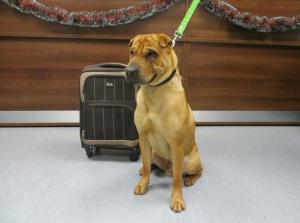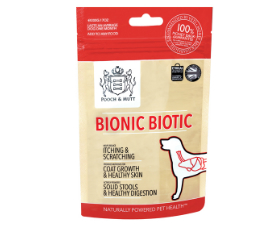More than 5,000 dogs have been reported stolen across England and Wales since the start of 2013, according to an investigation.
According to information obtained under the Freedom of Information Act, there has been a 22.3 per cent rise in reports to police over just two years, prompting calls for a specific crime of pet theft to be introduced.
Police figures have revealed that 1,490 dogs were taken in 2013, 1,599 in 2014 and 1,776 in 2015. The first four months of 2016 have also caused concern, with the number of reported thefts reaching 423.
Some police forces have also revealed that the theft of several dogs simultaneously is sometimes treated as one incident, suggesting more dogs may have been stolen.
Gareth Johnson, MP for Dartford, has urged the government to recognised the growing problem of dog theft, as well as the effect is can have on owners.
“It would be good to have a specific offence of the theft of a pet,” he said. “Too often, the theft of a dog is treated in the same way as the theft of a laptop or a mobile phone.”
In response, the Ministry of Justice stated that it was aware of the distress caused to owners but suggested there would be no change in the law in the foreseeable future.
“The maximum penalty for theft is seven years imprisonment and there are no plans to change this.




